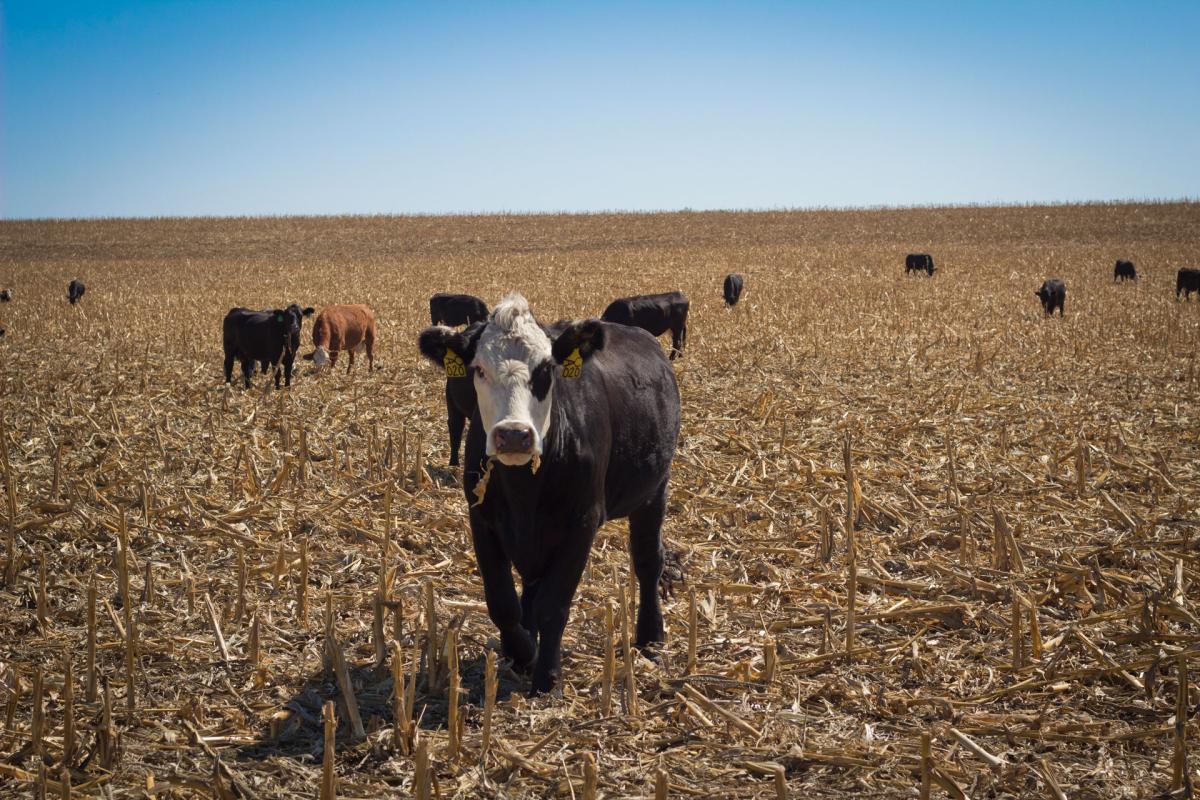Efficient & Sustainable Management Nebraska Range Management Short Course

June 25 – June 27
Gordon, Nebraska and Spring Lake Ranch
The Nebraska Range Short Course is designed to provide people who have backgrounds in range management, natural resources, or agriculture an opportunity to increase their knowledge and capacity in the field of range management. Consisting of a series of classroom and field sessions, it focuses on principles of range management for efficient, sustainable use of rangeland for multiple purposes.
Registration includes interactive instruction, class materials, textbooks, meals, and breaks.
This highly interactive and intensive three-day school includes the following agenda and activities:
Tuesday, June 24
(Optional) Evening Social and Registration
Wednesday, June 25
Day 1 - Goal: To offer grazing land managers useful tools to maintian healthy and diverse ecosystems
- Plant identification
- Rain simulator
- Grazier's math and clipping demonstration
- Pasture allocation
- Paradigm shift
- Ranch inventory
- Grazing for healthier soil
- Manage diversity
- Nebraska Grasslands/State transition model
- Evening: What is the Nebraska Grazing Lands Coalition? And special guests from host ranch and Open Range Beef.
Thursday, June 26
Day 2 - Goal: Introduce concepts of Adaptive Management
- Pasture allocation
- Clip like a cow
- Soil health and infiltration
- Animal nutrition
- Mission and vision
- Forage Planning - How to implement a drought plan
- Reassess Action plans
Friday, June 27
Day 3 - Goal: To offer grazing land managers useful tools to optimize available natural resources
- Winter grazing - videos and questions
The Nebraska Grazing Lands Coalition, in partnership with The University of Nebraska Extension, the NRCS, Bart Carmichael, and Pat Guptill of Principled Land Management LLC provides this unique opportunity to receive hands-on education and training provided by industry experts. Funding is provided in part by the USDA and the National Institute of Food and Agriculture.